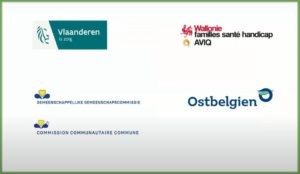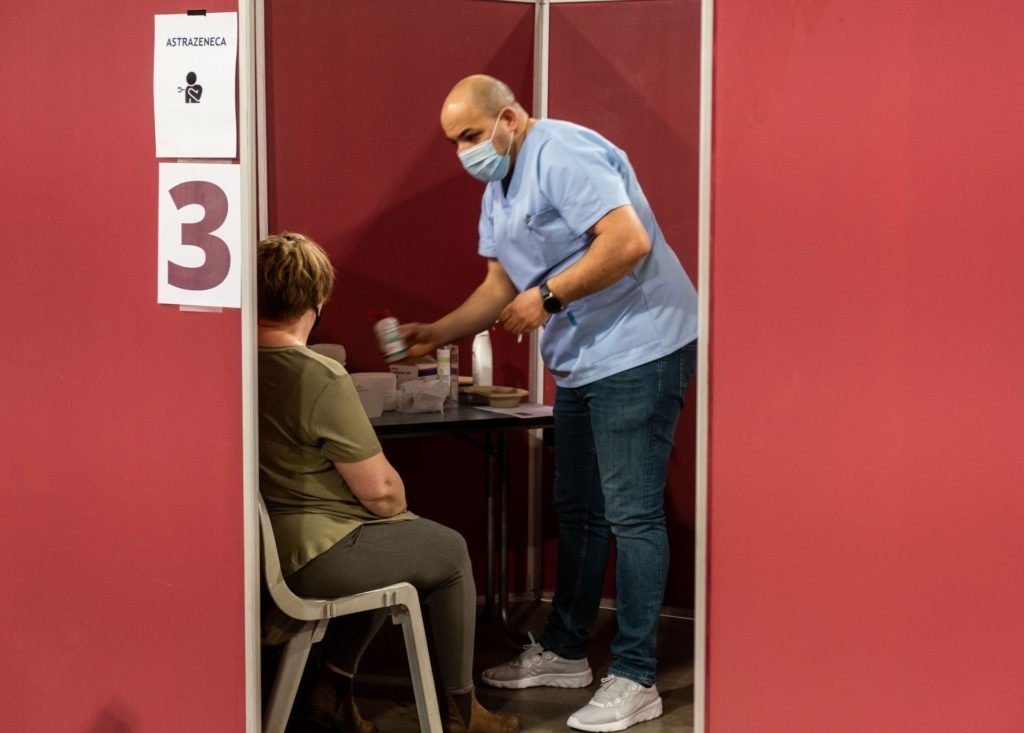Over one million vaccines have been administered in Belgium since the start of the vaccination campaign, according to Sabine Stordeur of the Vaccination Taskforce.
As Phase 1B of the country's vaccination strategy starts this week with the vaccination of the elderly in vaccination centres, Belgium reached a milestone on Tuesday, Stordeur said at a press conference.
"To date, one million vaccines have been administered in Belgium," she said, adding that almost 650,000 have been vaccinated so far. "The start of this new phase means that a larger number of people will be optimally protected against Covid-19 more quickly."
The first conclusions drawn from the vaccination of staff and residents in care centres and hospital staff are very favourable. "One week after they had received their second dose of Pfizer's vaccine, only 0.13% of the people tested positive for Covid-19," she said, adding that this corresponds to 360 out of almost 280,000 people.
"These percentages were also very low in people who received the two doses of the Moderna vaccine, or one dose of the AstraZeneca vaccine," Stordeur added, underlining that this confirms the "very high efficacy" of the vaccines.
Related News
- 'We're in a transition phase': Task Force responds to Belgium's slow vaccine rollout
- Brussels vaccination centre criticised for vaccinating non-priority patient
- Free public transport for people travelling to get vaccinated in Brussels
"This had already been demonstrated in clinical studies, but now, it has also been proven in real-life conditions that the vaccines are effective," she said.
The results give a clear perspective of future improvement that everyone considers very important, such as the return to normal activities, and meeting friends and family, according to Stordeur.
"The figures show that a return to normal life is not only possible, but also within reach," she said. "Now that we are starting to vaccinate the elderly in all regions of the country, we should especially encourage and help our parents and grandparents to respond positively to an invitation."
Stordeur underlined that invitations are sent by post and/or email and/or text message, if these latter details are known to the authorities.

The logos of the different Regions, one of which will be visible on people's invitations to get vaccinated. Credit: Crisis Centre
"Each invitation has a clearly recognisable logo of the Region of Flanders, Wallonia, Brussels or the German-speaking Community, depending on the place of residence," she said, adding that invitations are personal and cannot be passed on to someone else.
It includes name, address and vaccination code - which consists of 16 characters - as well as all necessary practical information, such as time, place of vaccination and telephone numbers that can be called if there are any further questions.
Maïthé Chini
The Brussels Times

